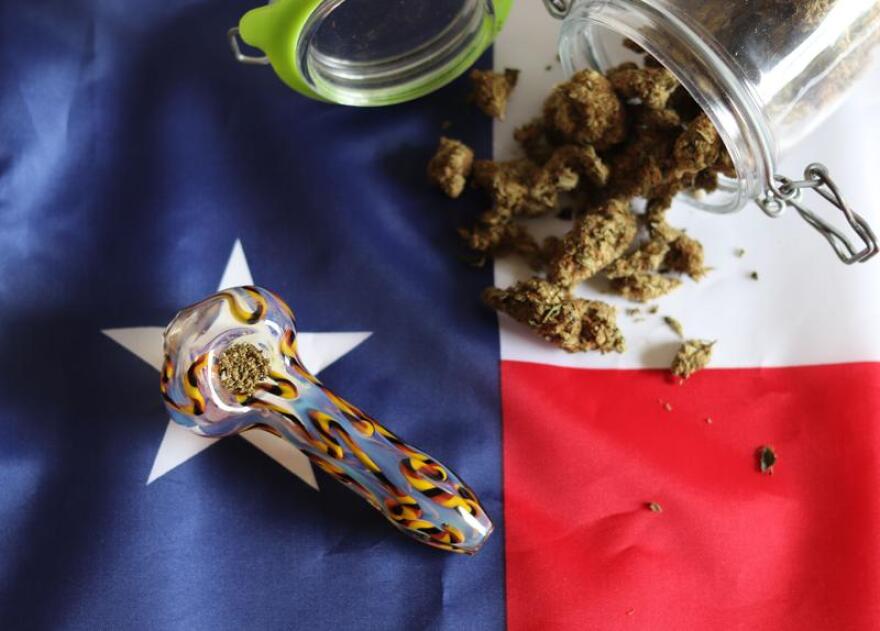A new law that legalized hemp in Texas is creating a haze of confusion for authorities as most crime labs around the state can't do the testing to tell the difference between the cannabis plant and its illegal cousin, marijuana.
Officials say the problem will likely cost millions of dollars and take months to fix and has prompted some authorities around the state to at least temporarily stop prosecuting misdemeanor marijuana cases.
After the 2018 federal Farm Bill made hemp legal in the U.S., many states, including Texas, passed legislation allowing farmers to get into the hemp-growing business. Hemp, which contains only traces of the THC chemical compound that allows marijuana users to get high, is used in a variety of products, including textiles, fuels, rope and chemical absorbents.
Texas' new law, which follows guidelines set forth in the Farm Bill, defines a cannabis plant as hemp if it has less than 0.3% of THC and says it is marijuana if it has more than 0.3%. Authorities in Texas previously needed to show only that TCH was present, not an exact percentage of the chemical, to prove it was marijuana.
Most crime labs across Texas don't have the equipment, the testing methods, the capacity or the accreditation to determine the percentage of THC in a sample, said Peter Stout, president of the Houston Forensic Science Center, which provides lab testing for Houston police and other local agencies.
"I think (the Texas Legislature was) trying to construct a law that didn't legalize marijuana while allowing for hemp to be produced legally. But it created some unintended consequences," Stout said.
Before the legislation was passed, the Texas Department of Public Safety indicated it could cost the agency up to $20 million to hire and train new staff and buy equipment.
The Houston Forensic Science Center could initially need up to $ 1 million plus $500,000 every year after that to continue doing the testing, which takes longer and is harder to do compared with what was previously done. Other labs across the state would also have to pay for new equipment and staff.
This week, district attorneys in four Texas counties, including the ones where Houston and San Antonio are located, signed a letter saying that due to the new law, they will stop accepting misdemeanor marijuana cases of 4 ounces (113 grams) or less that don't have a lab test result showing the THC concentration.
The Tarrant County Criminal District Attorney's Office in Fort Worth has dismissed 234 misdemeanor marijuana cases and said that all future cases must have a lab result showing the THC concentration. The Harris County District Attorney's Office in Houston has dismissed 26 misdemeanor marijuana cases.
The district attorneys in the Houston-area counties of Galveston and Montgomery as well as the district attorney in El Paso County say they will continue to prosecute marijuana cases.
Some other states have run into the same testing problems.
Stout said he tried to warn Texas legislators about the potential problems.
Calls to the offices of Republican Gov. Greg Abbott, who signed the hemp bill into law in June, and state Rep. Tracy King, D-Batesville, who authored the bill, were not immediately returned Wednesday.
While support for decriminalization of small amounts of marijuana has been growing in Texas, the Legislature has yet to pass any such measures. Some district attorneys don't prosecute such cases or have set up marijuana diversion programs that keep people out of jail.
Neal Davis, president of the Harris County Criminal Lawyers Association in Houston, said he's hoping the testing problems result in an end to low-level marijuana prosecutions.
"It's this house divided where we have these contradictory laws for what is essentially a low-level offense. At this point, we ought to just legalize it," he said.
_____________________________________
From The Associated Press




